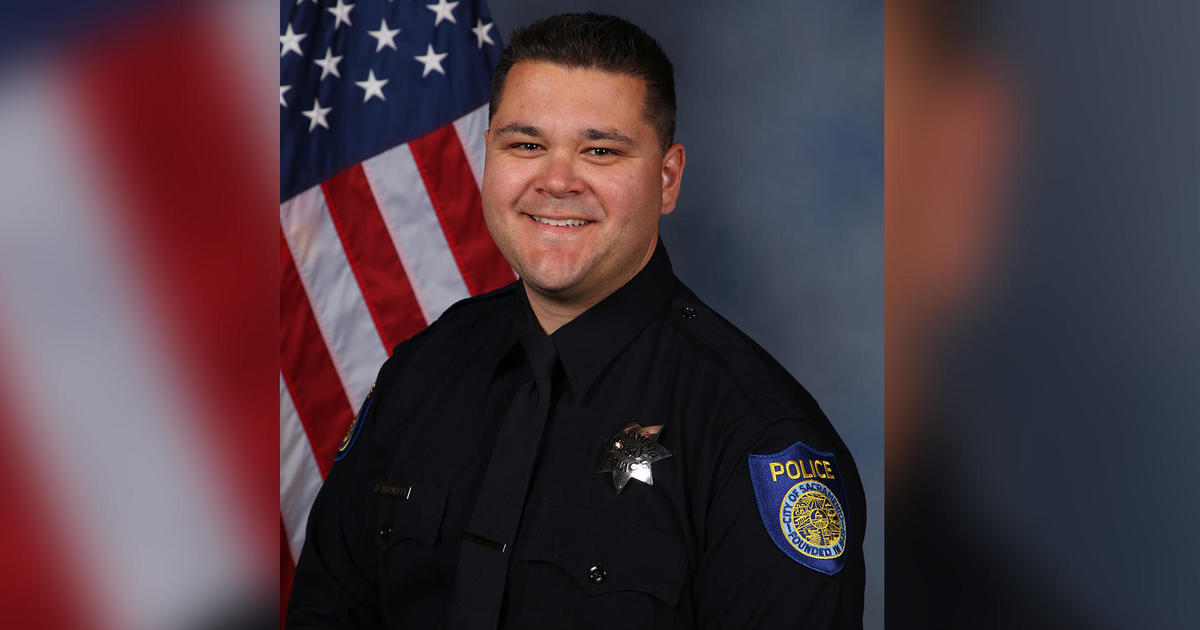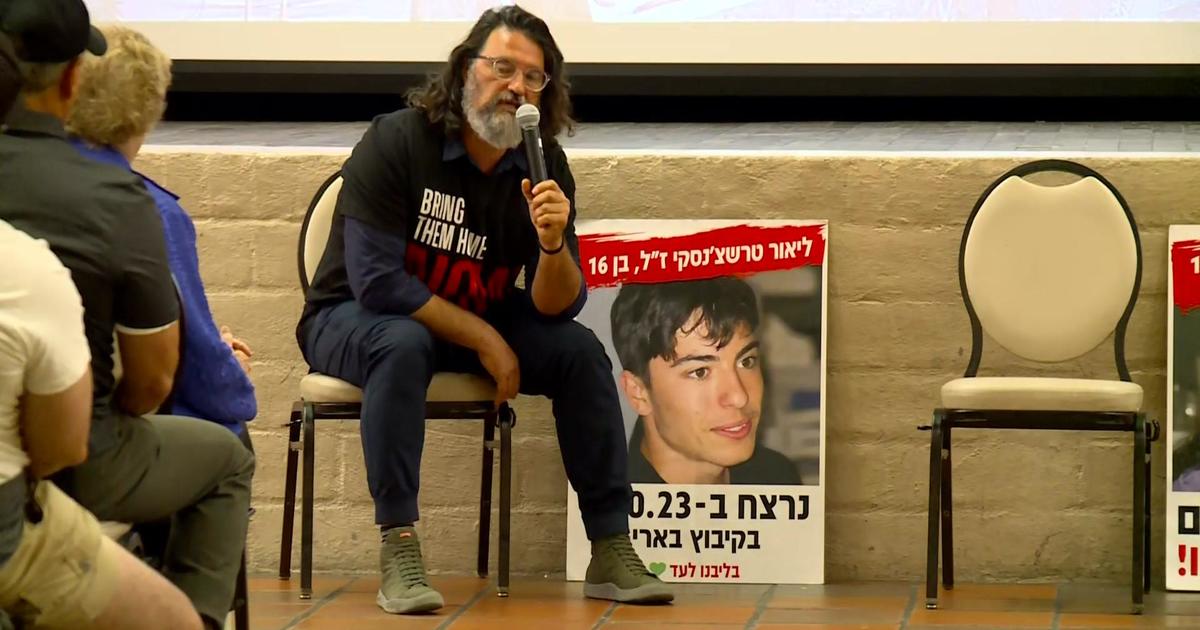BART Trains Running With Limited Service
OAKLAND, Calif. (AP) — Trains in the San Francisco Bay Area are running again Tuesday after a tentative deal capped six months of contentious labor negotiations and two strikes that upended hundreds of thousands of daily commutes.
Limited Bay Area Rapid Transit train service began running again around 6 a.m. Tuesday, two hours later than BART had said it would and not in time to prevent many commuters from turning to alternative modes of transportation. Traffic at the San Francisco-Oakland Bay Bridge toll plaza was snarled in the morning.
BART officials said workers were trickling in as they heard about the settlement that ended a four-day strike. They hoped trains would be running a full service in time for the afternoon commute.
The tentative contract deal was announced by BART and union officials. It still requires approval from union members and then from BART's board of directors.
"The public expects us to resolve our differences and to keep the Bay Area moving," BART general manager Grace Crunican said Monday night.
Crunican said there would be no immediate announcements on the details while union leaders explained the agreement to their members, but she said it was a compromise and added: "This deal is more than we wanted to pay."
BART is the nation's fifth-largest rail system, with an average weekday ridership of 400,000.
Workers walked off the job on Friday after talks broke down. Commuters endured jammed roadways and long lines for buses and ferries, as they looked for alternate ways around the region.
The talks between BART and its two largest unions dragged on for six months— a period that saw two chaotic dayslong strikes, contentious negotiations and frazzled commuters wondering if they would wake up to find the trains running or not.
Negotiations resumed and a settlement was reached just two days after two track workers were killed in a BART train accident in Walnut Creek and a day after unions offered concessions on work rules — a key point of contention in the talks. Federal investigators said Monday that the train was run by a BART employee who was being trained. Union officials had warned that training managers to operate trains during the walkout could be dangerous.
"This is a reminder, this weekend, that this is about people," said Lt. Gov. Gavin Newsom, who joined BART and union officials to announce the settlement.
Of the strike, he said, "This has got to be the last time this happens."
Antonette Bryant, president of the Amalgamated Transit Union Local 1555, expressed her condolences Monday night to the families of the workers who were killed.
"We did not want to strike," she said, "and we are glad to have a tentative agreement that we feel will work for all parties."
The key issues in the negotiations were salaries and worker contributions to their health and pension plans.
Talks began in April, three months before the June 30 contract expirations, but both sides were far apart. The unions initially asked for 23.2 percent in raises over three years. BART countered, offering a four-year contract with 1 percent raises contingent on the agency meeting economic goals.
The unions contended that members made $100 million in concessions when they agreed to a deal in 2009 as BART faced a $310 million deficit. And they said they wanted their members to get their share of a $125 million operating surplus produced through increased ridership.
But the transit agency countered that it needed to control costs to help pay for new rail cars and other improvements.
BART and its workers all but agreed on the typically contentious contract issues of wages and benefits before a deal fell apart, and workers went on strike Friday.
The main sticking point was work rules, which can be anything from how schedules are made and how grievances are handled to how paychecks are distributed. For workers, stricter rules create stability in their assignments and how they do their jobs. For managers, they limit flexibility.
BART had been seeking changes to allow greater ease in scheduling. The unions wanted to preserve schedules such as a 4-day, 10-hour week, saying this would help workers with child care and other obligations.
BART workers also walked off the job in early July, shutting down train service for nearly five days.
Related articles
Copyright 2013 The Associated Press. All rights reserved. This material may not be published, broadcast, rewritten or redistributed.



